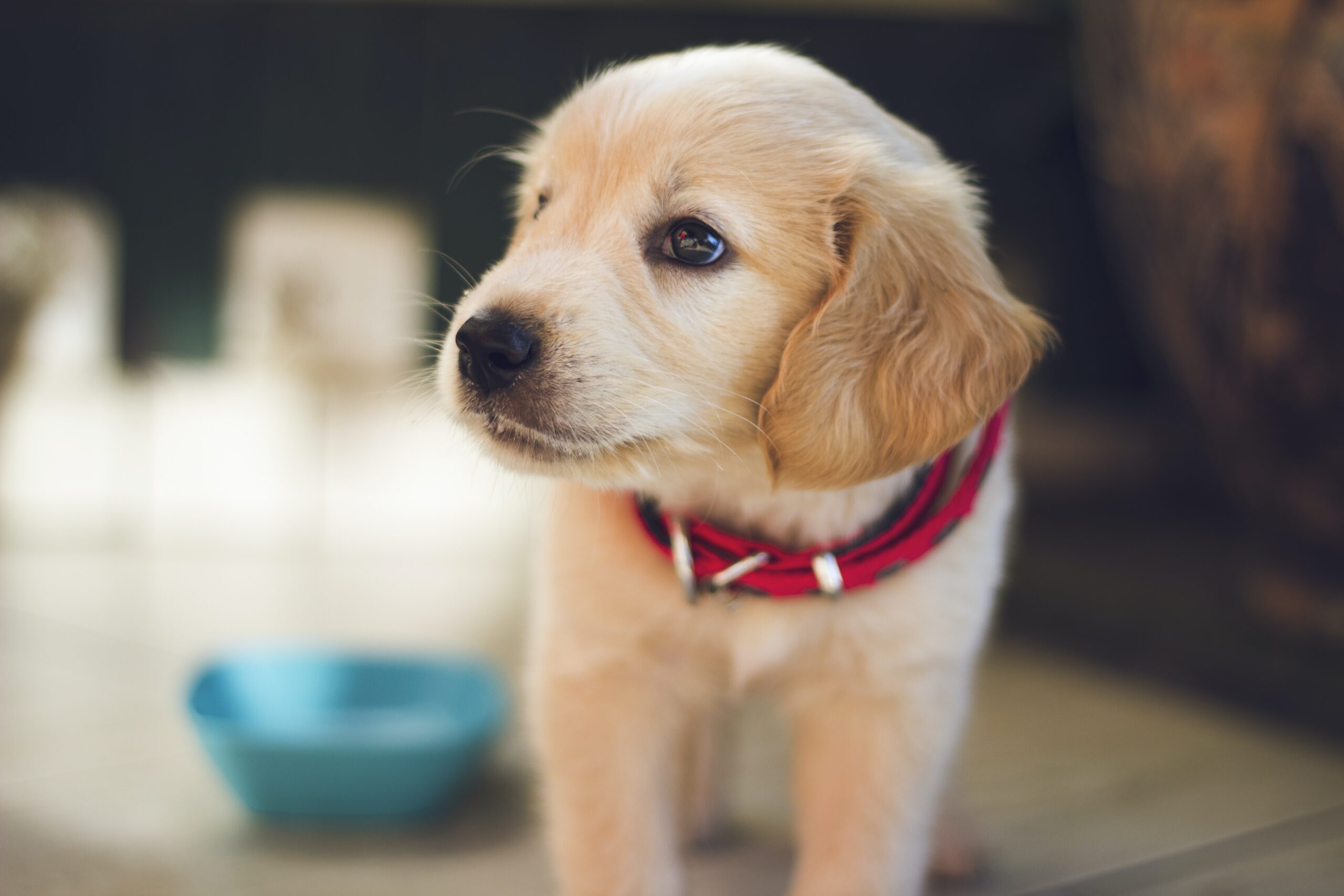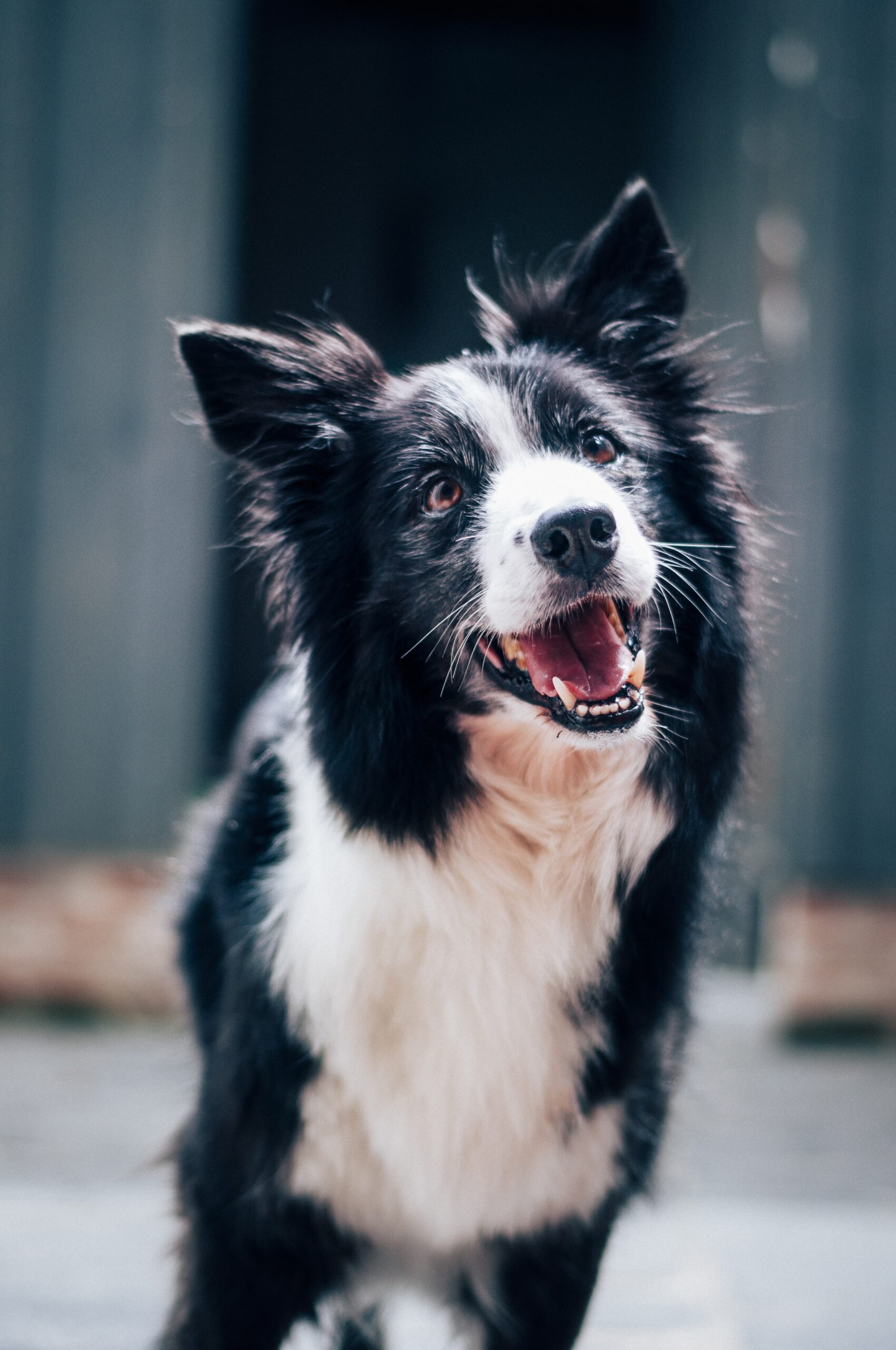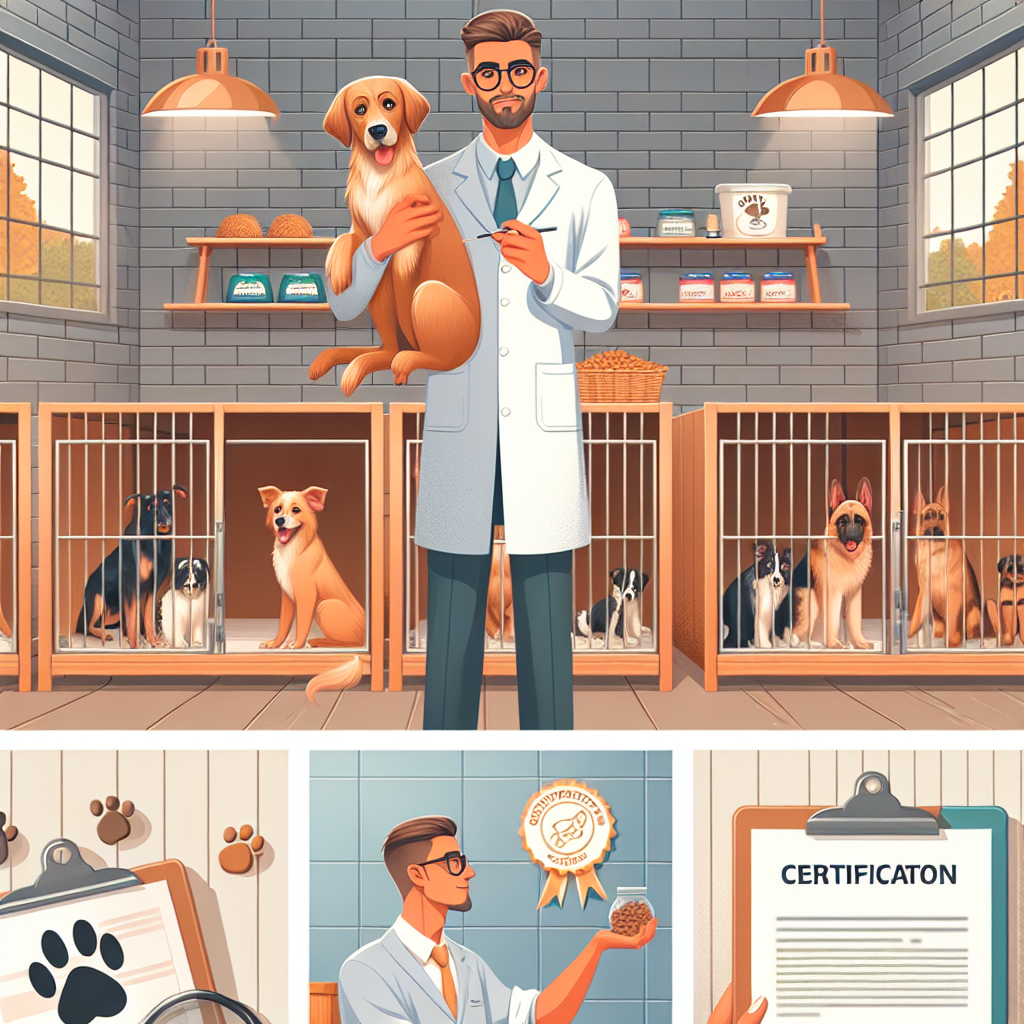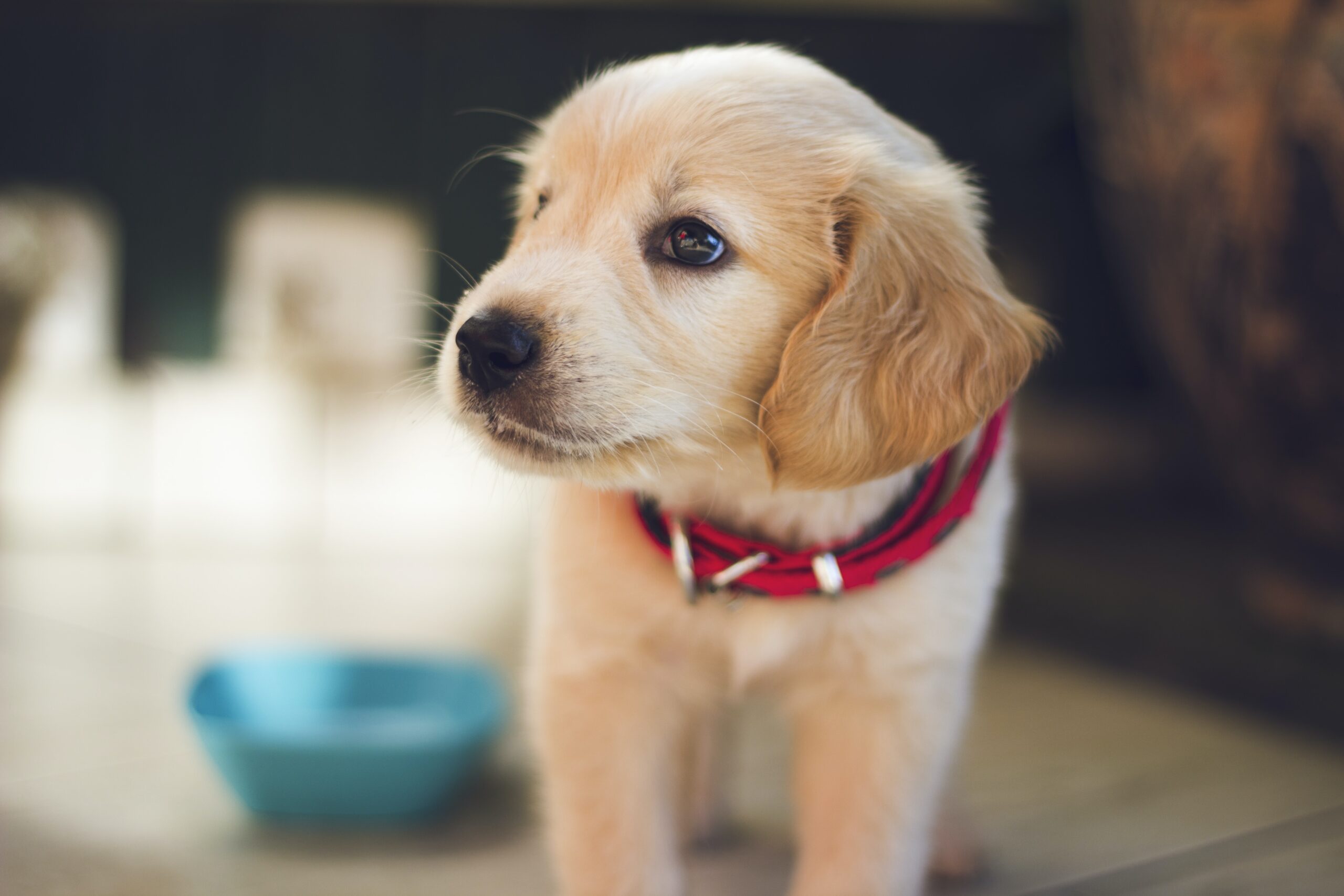Thinking of getting a furry friend to join your family? Finding a reputable dog breeder is key to ensuring the health and happiness of your future canine companion. But with so many options out there, how do you know which one to choose? In this article, we will guide you through the process of finding a trustworthy breeder, from doing research to asking the right questions. By the end, you’ll be equipped with the knowledge to make an informed decision and bring home a happy, healthy pup. So let’s get started!
Researching Dog Breeder Directories
When searching for a reputable dog breeder, one of the first steps you can take is to consult various dog breeder directories. These directories compile and provide information about registered breeders who adhere to ethical breeding practices. There are different types of breeder directories available, including national, local, and online directories. Let’s explore each of these options and how they can aid in your search for a responsible breeder.
National Breeder Directories
National breeder directories are an excellent resource for finding reputable breeders across the country. These directories often include breed-specific information, allowing you to narrow down your search to the particular breed you are interested in. National directories are typically maintained by reputable kennel clubs and dog associations, ensuring that listed breeders meet certain standards and guidelines.
To begin your search in a national directory, look for credible kennel clubs or dog associations in your country or region. Some well-known national directories include the American Kennel Club (AKC) Breeder Search in the United States, the Kennel Club Assured Breeders scheme in the United Kingdom, and the Canadian Kennel Club Breeder Search in Canada.
Local Breeder Directories
Local breeder directories are useful when you want to focus your search on breeders within a specific geographic area. These directories often include smaller-scale breeders who may not be listed in national directories. By finding local breeders, you can easily visit their facilities and have a more personal connection throughout the process.
To find local breeder directories, consider reaching out to your regional kennel club or dog association. They may have a list of breeders in your area or be able to provide recommendations. Additionally, online platforms and forums dedicated to dog enthusiasts often contain local breeder directories created by community members.
Online Breeder Directories
In our increasingly digital world, online breeder directories have become a popular and convenient option for finding reputable breeders. Online directories allow you to search for breeders based on location, breed, or other specific criteria, making it easier to find a breeder that aligns with your preferences.
When using online breeder directories, exercise caution and ensure you are using reputable websites. Look for directories that are associated with well-known kennel clubs or organizations. Additionally, take the time to read reviews or testimonials from previous clients to gain insight into the breeder’s reputation and practices.
Asking for Recommendations
While dog breeder directories provide a good starting point, asking for recommendations from trusted sources can be invaluable in your search for a reputable breeder. Here are some key individuals and organizations you can turn to for recommendations:
Veterinarians
Your local veterinarian can be an excellent resource when looking for a reputable dog breeder. Vets often have firsthand experience with various breeders and can provide insights into their professionalism, animal welfare practices, and overall reputation. Additionally, veterinarians can offer valuable guidance on specific breeds, health considerations, and genetic issues to watch out for.
When consulting with your veterinarian, ask if they can recommend any breeders that they have had positive experiences with. They may also be aware of breeders who have produced healthy and well-adjusted puppies for previous clients.
Trainers and Behaviorists
Professional dog trainers and behaviorists work closely with dog owners and are well-connected in the canine community. They can provide valuable insight into reputable breeders who prioritize temperament, trainability, and overall soundness in their breeding programs.
Reach out to certified trainers and behaviorists in your area and inquire about breeders they trust and recommend. Their expertise in dog behavior and training can help guide you towards a breeder whose puppies are likely to excel in those areas.
Local Dog Clubs and Organizations
Local dog clubs and organizations, such as breed clubs, agility clubs, or obedience clubs, often have members who are knowledgeable about reputable breeders. These clubs typically have a strong network of dedicated dog enthusiasts who can offer recommendations based on personal experiences.
Consider attending local club events or meetings to connect with experienced dog owners and breeders who can point you in the right direction. Engaging with these communities can provide valuable insights and potentially lead you to a reputable breeder who aligns with your preferences.

Attending Dog Shows and Events
Attending dog shows and events can be a fantastic way to observe breeders and their dogs in person. These events allow you to witness the temperament, conformation, and overall quality of the dogs being showcased. Here’s how you can make the most of your time at these events:
Finding Dog Shows and Events
To find local dog shows and events, consult the websites or event calendars of national or regional kennel clubs. They often feature listings of upcoming shows, competitions, or exhibitions. Additionally, local dog clubs or training centers may host smaller-scale events that showcase specific breeds or activities.
Make a note of the dates, locations, and participating breeds for the shows or events that interest you. It’s beneficial to attend events that feature the breed you are considering, as this allows you to observe breeders who specialize in that specific breed.
Observe Breeders and Their Dogs
While attending dog shows and events, take the opportunity to closely observe breeders and their dogs. Look for breeders who exhibit professionalism, maintain clean and well-groomed dogs, and demonstrate a genuine passion for the breed. Pay attention to how breeders interact with their dogs, other exhibitors, and event attendees.
Be proactive and approach breeders during designated breaks to ask questions or express your interest in their breeding program. Most breeders are more than happy to discuss their dogs and their interactions can give you valuable insights into their knowledge, experience, and commitment to breeding healthy and well-socialized puppies.
Visiting Breeder Websites
Visiting breeder websites is an essential step in your research process. These websites can provide vital information about the breeder’s history, breeding practices, available litters, and more. Here’s what you should focus on when exploring breeder websites:
Checking for Breed Information
Reputable breeder websites should provide detailed information about the breed they specialize in. Look for comprehensive descriptions of the breed’s characteristics, temperament, exercise needs, and potential health issues. Breeders who prioritize education and breed preservation will often have informative articles or resources that can help you make an informed decision.
Additionally, breeders may showcase their own dogs on their websites to demonstrate the breed’s qualities and achievements. Pay attention to the conformation, health, and temperament of the breeder’s dogs as they are a reflection of the breeder’s commitment to their breeding program.
Looking for Health Certifications
Health certifications play a crucial role in ensuring the overall well-being of the puppies being produced. Reputable breeders prioritize health testing and certifications to minimize the risk of genetic disorders and other inherited health conditions. Look for breeders who provide documentation of health tests performed on their breeding dogs, such as hip and elbow evaluations, eye examinations, and genetic screening.
On breeder websites, you may find information regarding the health certifications of the breeding dogs, the puppies, or both. Take note of any health guarantees or warranties offered by the breeder. Quality breeders are typically transparent about the genetic health of their dogs and will provide you with the necessary information to make an informed decision.
Examining Breeder Policies
When visiting breeder websites, review their policies regarding the sale, transportation, and return of puppies. Reputable breeders will have clear guidelines on these matters, ensuring the well-being of their puppies and clarifying expectations for puppy buyers.
Look for information on how the breeder socializes their puppies, what vaccinations and deworming protocols they follow, and any assistance or support they provide after the sale. A breeder who invests time and effort into giving their puppies the best possible start in life is more likely to produce healthy and well-adjusted dogs.

Contacting Potential Breeders
Once you have narrowed down your list of potential breeders, it’s time to contact them directly. This step allows you to ask specific questions, express any concerns, and assess their knowledge and professionalism. Here’s how you can make the most of your communication with breeders:
Preparing Questions and Concerns
Take the time to prepare a list of questions and concerns before reaching out to breeders. Consider asking about their breeding goals, their experience with the breed, the health testing performed on their dogs, and the socialization and training methods they employ. It’s also important to inquire about the availability of puppies and their placement process.
Express any concerns you may have regarding specific breed traits, health issues, or the breeder’s practices. A reputable breeder should be open and willing to address your concerns with patience and transparency.
Arranging Meetings and Interviews
After the initial communication with potential breeders, you may want to arrange a meeting or interview with those who have made a positive impression. Meeting face-to-face allows for a more personal connection and an opportunity to evaluate the breeder and their facility in person.
During the meeting, ask to see the living conditions of the dogs and puppies. Observe the cleanliness, space, and overall comfort of the facility. Additionally, assess the temperament and health of the breeder’s dogs. Well-socialized, friendly, and healthy dogs are indicative of a responsible breeder.
Visiting the Breeder’s Facility
Visiting the breeder’s facility is crucial in determining whether they meet your standards of ethical breeding. A personal visit allows you to evaluate the living conditions, interact with dogs, and gain a better understanding of the breeder’s overall practices. Here’s what you should focus on during your visit:
Evaluating the Living Conditions
Pay close attention to the living conditions of the breeder’s dogs and puppies. Look for clean and spacious areas with appropriate bedding and climate control. A responsible breeder provides a safe and comfortable environment that promotes the physical and mental well-being of their dogs.
Consider the breeder’s attention to hygiene, the availability of fresh water and food, and the general maintenance of the facility. If anything raises concerns or feels inadequate, it’s essential to address these issues with the breeder and evaluate their response.
Assessing the Dogs’ Behavior and Health
While visiting the breeder’s facility, spend time observing the behavior and health of the dogs. Well-socialized dogs should exhibit friendly and confident temperaments, showing no signs of fear or aggression. Puppies should be curious, playful, and responsive to human attention.
Assess the overall cleanliness and health of the dogs. Look for signs of good grooming, such as clean ears, bright eyes, and a healthy coat. Pay attention to any signs of injury, illness, or neglect. Reliable breeders prioritize the health and well-being of their dogs and will address any concerns you may have.

Requesting References and Referrals
To gain further assurance about a breeder’s reputation and the quality of their puppies, it’s essential to request references and referrals. Reach out to previous buyers or puppy owners to gather their experiences and insights. Additionally, seek feedback from other breeders or professionals in the dog community who may have interacted with the breeder. Here’s how you can go about obtaining references and referrals:
Contacting Previous Buyers and Puppy Owners
Ask the breeder if they can provide you with contact information for some of their previous puppy buyers or current puppy owners. Reach out to these individuals and inquire about their experiences with the breeder, the health and temperament of their puppy, and any follow-up support offered by the breeder. Hearing firsthand accounts from satisfied clients can give you confidence in your decision.
If possible, try to find references from individuals who have owned a dog from the same breeding line or have similar goals or expectations as you. Their experiences may provide more relevant insights into what you can expect from the breeder’s puppies.
Seeking Feedback from Other Breeders or Professionals
Expand your network and seek feedback from other breeders or professionals in the dog breeding community. These individuals may have interacted with the breeder you are considering or have insights based on their reputation within the industry.
Reach out to local kennel clubs or dog show judges who may have knowledge of the breeder’s involvement and reputation. Additionally, consider engaging with online forums or social media groups dedicated to the breed you are interested in. Active participants in these communities can offer valuable advice and share their experiences with different breeders.
Reviewing Contracts and Agreements
Before making your final decision, it is crucial to carefully review any contracts or agreements provided by the breeder. These documents outline the terms and conditions of the sale and can help ensure a smooth and transparent transaction. Here’s what you should focus on when reviewing contracts and agreements:
Understanding the terms and conditions
Read through the contract thoroughly to understand the breeder’s expectations, warranties, and responsibilities. Pay attention to the clauses regarding breeding rights, limitations on future breeding, and any obligations you have as the new puppy owner. A clear and comprehensive contract promotes open communication and helps protect the interests of both parties.
If anything in the contract is unclear or raises concerns, don’t hesitate to ask the breeder for clarification. A reputable breeder will be willing to discuss the contract and make any necessary modifications to ensure your understanding and satisfaction.
Clarifying Health Guarantee and Return Policies
Health guarantees and return policies are essential components of a responsible breeder’s contract. These provisions demonstrate the breeder’s commitment to the long-term well-being of their puppies and their willingness to address any genetic or health issues that may arise. Look for clear details about the length of the health guarantee, what health concerns are covered, and any necessary steps or conditions for claiming the guarantee.
Make sure you understand the breeder’s return policy in cases where you can no longer care for the dog. Responsible breeders typically include clauses that state they will take back the dog at any point in its lifetime, ensuring it does not end up in unsuitable living conditions or shelters.

Considering Health Testing and Certifications
Health testing and certifications are critical indicators of a reputable breeder’s commitment to producing healthy puppies. These tests and certifications help identify potential genetic conditions and ensure that breeding dogs are free from inherited health issues. Here’s what you should know about health testing and certifications:
Health Screening Tests
Reputable breeders prioritize health screening tests to assess their breeding dogs’ overall health and screen for potential diseases. These tests can include hip and elbow evaluations, eye examinations, heart evaluations, and genetic screening. Results from these tests can help determine the risk of passing on genetic conditions to future litters.
Ask breeders about the specific health screening tests they perform on their dogs and ensure that the results are regularly updated and available for review. Quality breeders will provide you with detailed information about the health of their breeding dogs to give you confidence in the puppies they produce.
Certifications from Official Organizations
Official organizations, such as kennel clubs or health testing bodies, can issue certifications that confirm a dog’s health screenings and other qualifications. These certifications provide an additional level of assurance regarding a breeder’s commitment to responsible breeding practices.
Ask breeders if their dogs have received any certifications from reputable organizations. Some examples include Orthopedic Foundation for Animals (OFA) certifications, Canine Eye Registration Foundation (CERF) certifications, or breed-specific health testing certifications. These certifications indicate that the breeder’s dogs have passed specific health tests required for the breed and can help minimize the risk of inherited health issues in the puppies.
Finalizing the selection and purchase
After conducting thorough research, visiting breeders, and assessing their breeding practices, it’s time to make the final decision and complete the puppy purchase. Here are the essential steps in this process:
Comparing Available Puppies
If you have multiple breeders in consideration, compare the available puppies to determine which one best suits your preferences in terms of temperament, health, and conformation. Evaluate each puppy’s behavior, appearance, and individual characteristics to find the right fit for your lifestyle and needs.
Consider discussing your preferences with the breeder and seeking their guidance in choosing the most suitable puppy based on your expectations and the puppy’s temperament and potential.
Making a Decision
Once you have compared the available puppies and considered all the relevant factors, it’s time to make a decision. Select the breeder and the specific puppy that aligns best with your requirements and preferences, taking into account the breeder’s professionalism, their breeding practices, and the overall quality and health of the puppy.
Completing the Sale
When finalizing the sale, ensure that all necessary paperwork, including contracts, health records, and registration documents, are properly completed and provided by the breeder. Review the final payment details and confirm the agreed-upon date for taking ownership of the puppy. Don’t forget to inquire about any follow-up support or assistance the breeder offers after the transaction is complete.
By following these comprehensive steps and conducting thorough research, you can increase your chances of finding a reputable dog breeder who is committed to producing healthy, well-socialized puppies. Remember to prioritize the well-being and welfare of the dogs throughout the process, as responsible breeding practices ultimately contribute to the betterment of the canine community.





